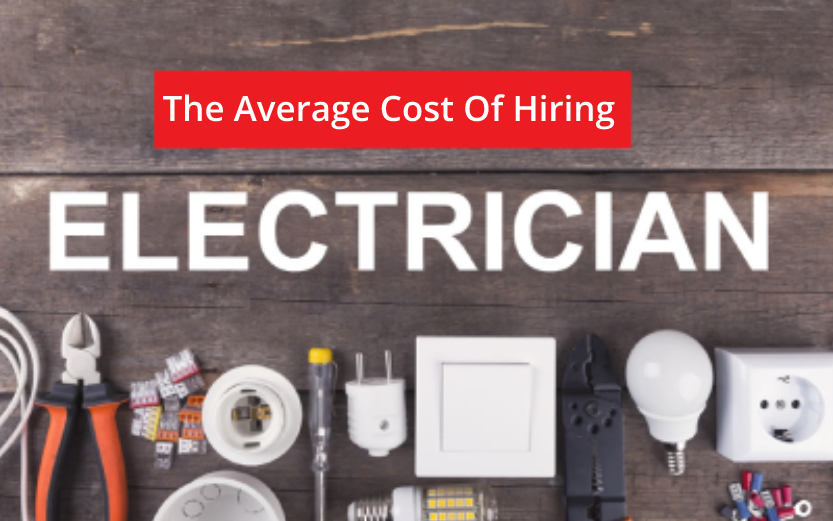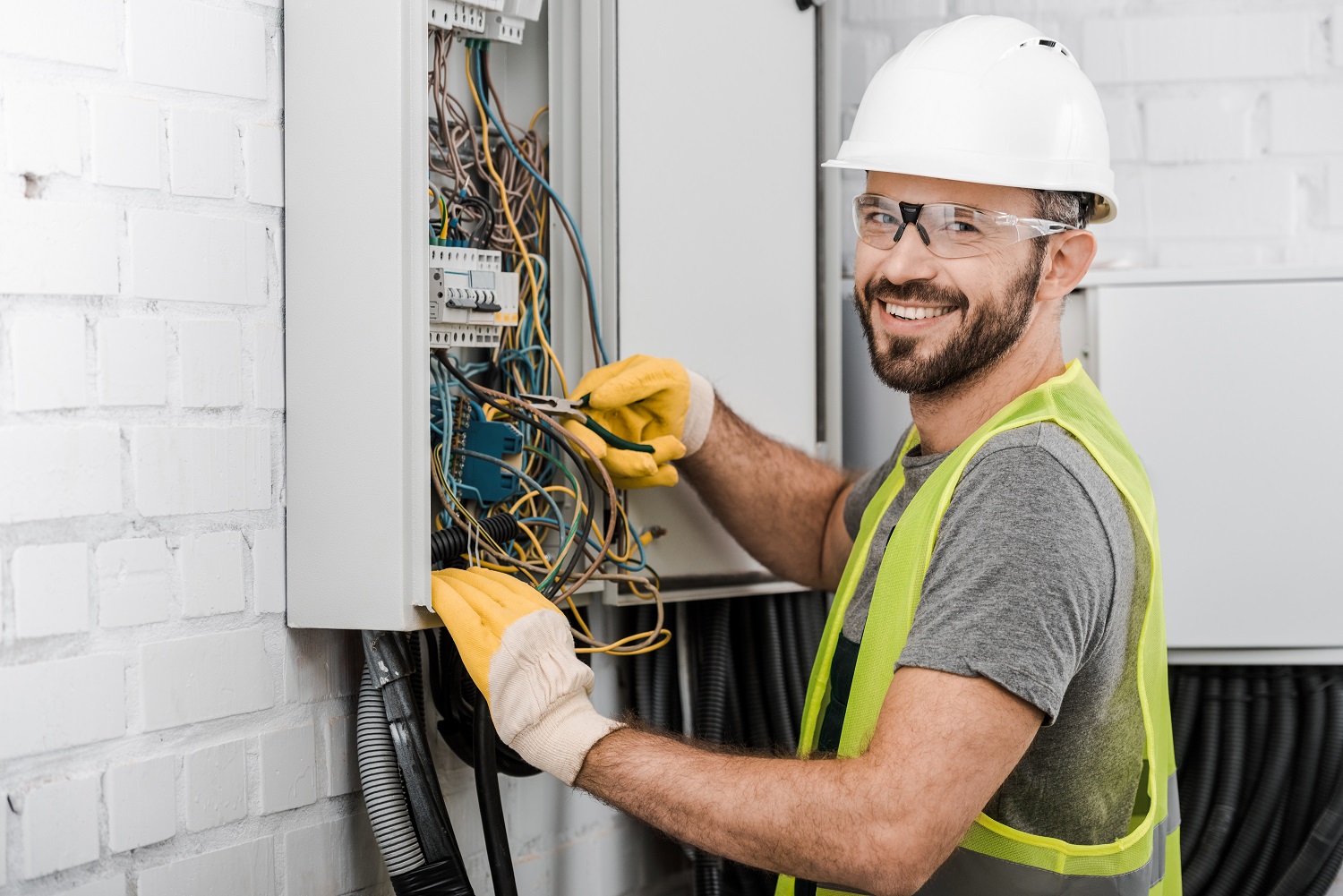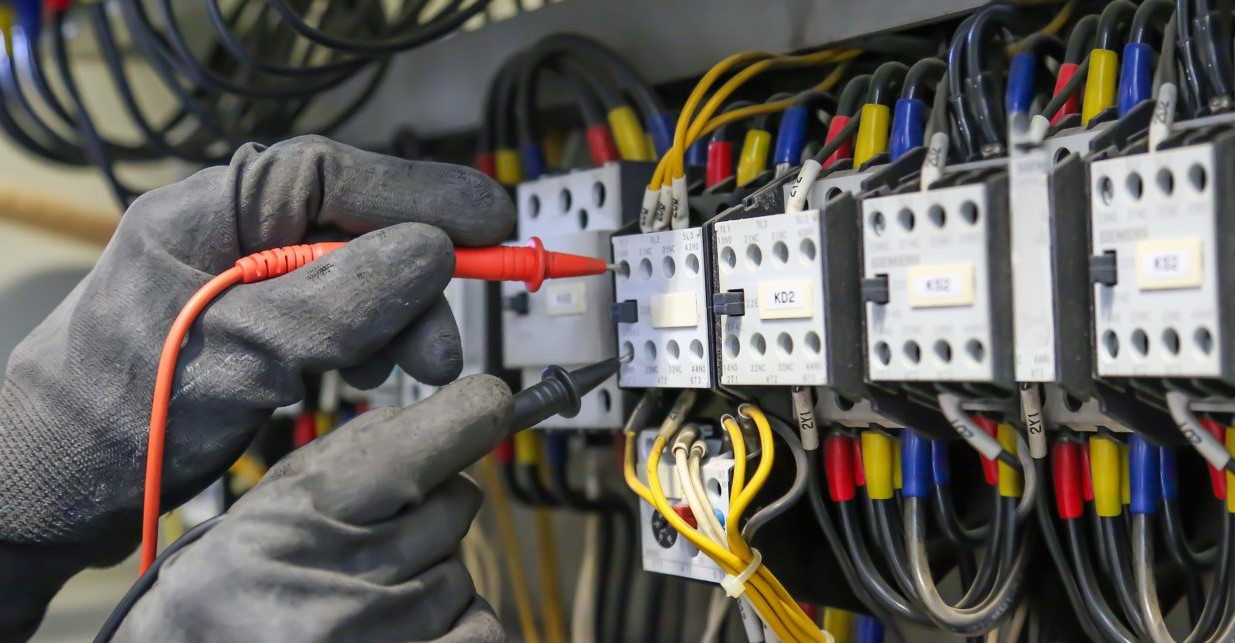Be it a commercial or residential property, an electrician is a go-to person to bring light into the space. Before you seek the help of a commercial and residential electrician, you must be aware of what it costs to hire one. In this blog, we hope to answer this for you.
Additionally, we aim to make you aware of what the best residential electricians are capable of. There are a few services that a commercial electrician is qualified to perform. Through this piece of literature, we want to educate you on this and more. Keep reading till the end.
The Average Cost Of Hiring An Electrician For Residential And Commercial Property
But, before we get into being aware of The Average Cost Of Hiring An Electrician For Residential And Commercial Property, let us understand the concept of commercial vs residential electrician, their roles, and responsibilities.
Who is a commercial electrician?
Commercial electricians typically install lighting and power outlets in shops and offices. Typically, their wiring is three-phase, with two smaller legs operating at one voltage and a more significant leg operating at a higher voltage.
Who is a residential electrician?
The most typical kind of electrician is a residential one. Installation, troubleshooting, upkeep, and upgrades of electrical systems, including those in domestic settings like houses, apartments, and condominiums, are normally their responsibility.
Commercial versus Residential Electrician
A commercial electrician specializes in the wiring and electrical systems for business buildings, as opposed to residential buildings. They typically work on larger systems in high-rise buildings, office complexes, dining establishments, and shopping malls. Although there are many similarities between the profession and training for commercial and residential electricians, there are also some significant variations to take into account when making your decision.
An electrician who works on electrical systems, lighting fixtures, wiring, power outlets, and circuit boards in residential buildings is known as a residential electrician. For instance, they might go to apartment buildings, single-family homes, condos, and town homes to fix electrical components.
Differences between residential and commercial electricians
Work environment
Residential and commercial electricians work in quite different situations, as their job titles suggest. Installing wiring networks and electrical fixtures for new houses or apartments is a common task for residential electricians on construction sites. However, they also carry out electrical repairs in established residences that are occupied by families or individuals. Residential electricians must therefore respect the homeowners and their private property when they carry out installations and maintenance.
Commercial electricians, on the other hand, work at construction sites for commercial structures such as shopping malls or office parks. Additionally, they may carry out maintenance or repairs on the electrical systems of commercial structures that are in use. To accommodate business or retail hours, commercial electricians may need to finish the work in these circumstances early in the morning or late at night.
Educational Qualification
Several educational milestones for residential electricians and commercial electricians are the same. For instance, both residential and commercial electricians require a GED or at least a high school diploma, followed by either an apprenticeship or successful completion of a two-year technical school program, then an internship.
They seek different kinds of apprenticeships, though.
An aspiring home electrician, for instance, would likely seek out an apprenticeship with a trades person or electrician company specializing in setting up, repairing, or maintaining electrical systems in residential buildings. Conversely, aspiring commercial electricians would likely choose an apprenticeship with a company that trains its employees to work with large electrical systems for commercial structures.
Residential electricians and commercial electricians have different job obligations because of variances in their working settings and areas of specialization.
Here are a few instances:
Working with various voltages: The magnitude of the voltage systems that residential and commercial electricians install, fix, or maintain is one way their work duties differ.
Residential electricians often work with high-voltage systems that supply homes with electricity and range in voltage from 120 to 240 volts.
Commercial electricians, in contrast, have access to extra-high voltage systems that are greater than 240 volts for large commercial structures.
Working with various wire systems: Commercial electricians use larger wiring systems with tube conduits suitable for power supplies in large commercial facilities.
In contrast, residential electricians use much smaller, plastic-shrouded wiring systems that fit into crawl spaces and are hidden from the view of homeowners.
Utilizing several quality systems:
When it comes to offering reliable, safe electrical services, residential and commercial electricians may have to go by various policies. For instance, commercial electricians frequently have to set up backup power supplies for crucial commercial structures like hospitals, police enforcement offices, laboratories, and supermarkets.
Commercial versus Residential Electricians how much do they charge
According to sources, the hourly wage for an electrician is often between $50 and $100. In addition to this rate, you may also be required to pay travel expenses, additional administrative expenses, the cost of any materials needed to complete the project, and other fees.





